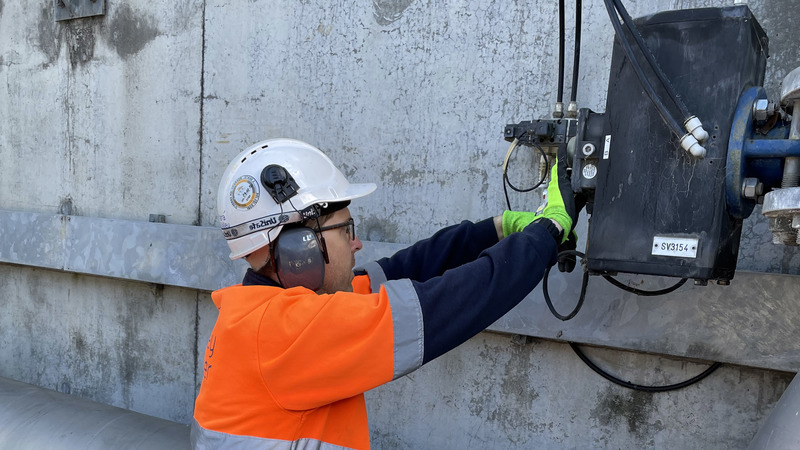Responding to after-hours alarms on assets is not only costly, it also has an impact on individuals responding to the call-outs.
An innovative project by our water team has demonstrated how by harnessing technology and data, we can reduce the number of after-hours call outs - delivering cost savings, improving safety and letting our maintenance teams hit the snooze button when that early morning alarm goes off.
This innovation was a finalist at the 2022 Australian Water Association Victorian annual awards.
The project found both financial and wellbeing benefits. From a financial perspective the project identified a forecast saving of 9% of the total cost of servicing alarms if the alarms priorities were changed (based on historical data over a 12-month period). When looking at the cost of out of hours expenses, the team found there was a 21% forecast saving on the total out of hours alarm servicing cost (based on historical data over a 12-month period).

